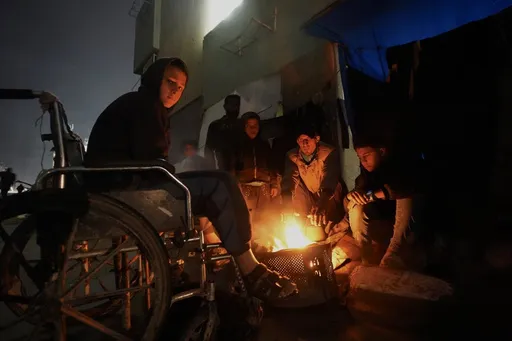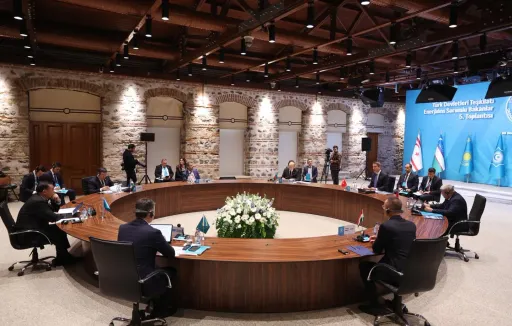By Fathiya Bayusuf
TRT Africa, Mombasa, Kenya
In Likoni, Mombasa, an care home known as Jannatul Firdaus Orphanage opens a page of hope for orphans like Rashid Kishki.
The 12-year-old was taken to the centre five years ago following the death of his parents due to illnesses.
"It's a big challenge to be here. I'm grateful for the good reception, but in my heart, I still want to know what it's like to have parents, to feel the love of a mother and father," says Rashid, who lost his parents at a much younger age.
"We need more help, enough food, clean clothes, and a good place to sleep. Sometimes, am overwhelmed with loneliness, even if I like to be here," the grade sx student says.
Khadija Anton, an 18-year-old girl, who lives with disability longs to feel the love of a parent. She was brought to the centre as a baby after the death of her parents as a result of illnesses.
"I need artificial legs and a sewing machine so that I can support myself in life," she tells TRT Africa.
"Another challenge is not having parents. I would like to have them, to give me their love and manage my needs. I am very sad," says Khadija.
The Jannatul Firdaus Orphanage has about 80 children. It has been a home them providing essential needs and religious education.
Mama Dahabu Mwalimu, the caretaker of the centre, recognises the challenges of raising these children and emphasises the importance of giving them love, security, and quality education.
"Raising these children is not easy. They have crucial needs, but sometimes, resources are limited," says Mama Dahabu.
"When they are young, it can be difficult to buy the things they need, and sometimes even food can be a challenge. We are grateful to the good Samaritans who help us," she adds.
On the other hand, psychologists emphasise the importance of children receiving love and psychological support.
"By showing them love, we can help these children change their attitude. When they arrive at the centre and find an environment that helps them change their opinion, they can control their emotional state and build a better future," Lucy Mjomba, a counselor tells TRT Afrika.
Hundreds of millions of children are orphaned by conflicts, diseases and forced disappearances.
400 million children - or approximately 1 in 5 children - are living in or fleeing conflict zones, according to UNICEF.
"Many of them have been displaced multiple times, risking separation from their families, losing critical years of education, and fraying ties to their communities." UNICEF's Executive Director Catherine Russell says.
As the world marks World Children's Day, orphans like those at Jannatul Firdaus Orphanage hope they will one day build their own families and prosper.
But the loss of their parents is something they might have to endure for the rest of their lives.
























